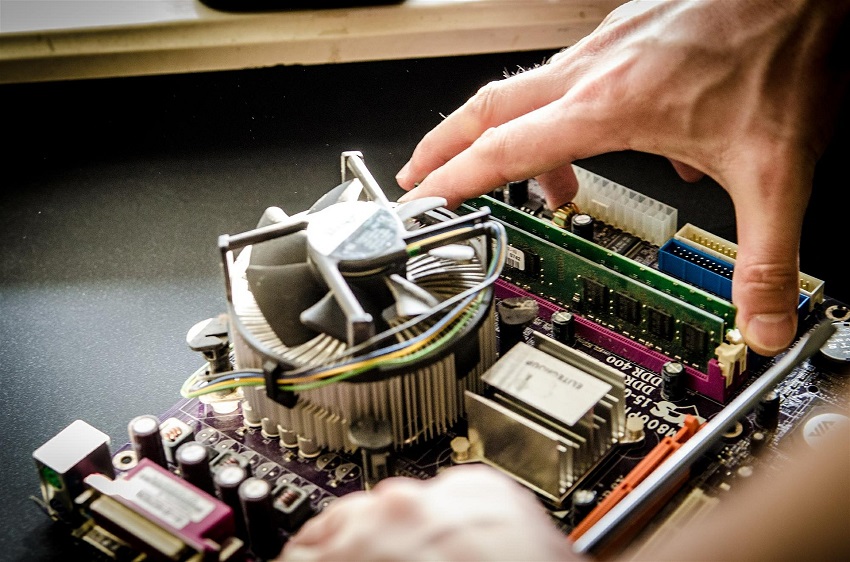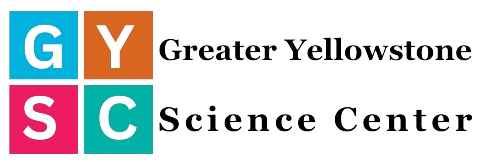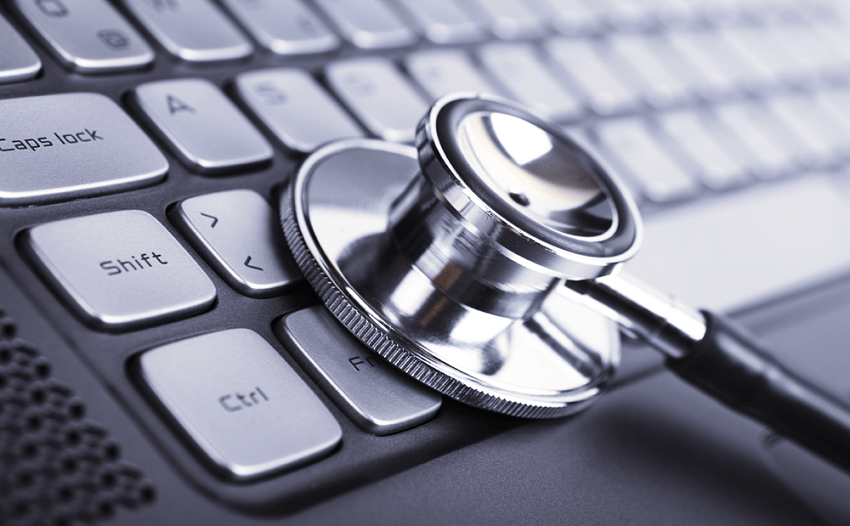In today’s digital era, computers have become an integral part of our lives. From personal use to business operations, computers play a vital role in various aspects. However, like any other complex machine, computers require regular maintenance to ensure their optimal performance and longevity. In this article, we will explore the different types of computer maintenance and their importance in keeping our systems running smoothly. The content is introduced by https://ledmain.com/
Regular Software Updates
Software updates are crucial for maintaining the security and functionality of computers. Operating system developers frequently release updates that address vulnerabilities and bugs, enhance performance, and introduce new features. By regularly updating your computer’s software, you can safeguard it against potential threats, improve compatibility with new applications, and enjoy the latest advancements.
Virus Protection and Malware Removal
Viruses and malware pose significant risks to computer systems. They can compromise data, slow down performance, and even grant unauthorized access to sensitive information. Employing reliable antivirus software and performing regular malware scans is essential to protect your computer from these threats. With the ever-evolving nature of cyber threats, computer maintenance and repair is crucial to stay up-to-date with the latest advancements and ensure maximum protection and malware removal.
Hardware Cleaning and Maintenance
Proper hardware maintenance is vital to keep your computer running smoothly. Dust and debris can accumulate inside the computer, causing overheating and potential hardware failures. Regularly cleaning the internal components, such as the fans, heat sinks, and vents, helps in preventing these issues. Additionally, ensuring proper cable management and checking for any loose connections can contribute to the overall stability and longevity of your computer.
Data Backup and Recovery
Data loss can be a devastating experience, whether it’s due to hardware failure, accidental deletion, or malware attacks. Implementing a robust data backup strategy is crucial to protect your valuable files and documents. Regularly backing up your data to external storage devices, cloud services, or network-attached storage (NAS) ensures that you can recover your files in case of an unfortunate event.
Performance Optimization
Over time, computers may experience a decline in performance due to various factors. Fragmented hard drives, excessive startup programs, and outdated drivers can all contribute to sluggishness. Performing routine maintenance tasks such as disk defragmentation, removing unnecessary startup items, and updating drivers can help optimize your computer’s performance and enhance its speed and responsiveness.
Troubleshooting and Diagnostics
Computer issues can arise unexpectedly, causing frustration and hindering productivity. Having a basic understanding of troubleshooting techniques and diagnostic tools can be immensely helpful in resolving common problems. Identifying the root cause of issues such as system crashes, software conflicts, or hardware failures allows for efficient and effective solutions.
Hardware Upgrades and Replacement
As technology advances, hardware requirements for certain tasks may increase. Upgrading specific hardware components, such as RAM, hard drives, or graphics cards, can significantly enhance your computer’s performance and capabilities. Additionally, when components reach the end of their lifespan or become obsolete, replacing them with newer models becomes necessary to maintain optimal functionality.
Power Protection
Power surges and fluctuations can damage computer components, leading to hardware failures and data loss. Using surge protectors or uninterruptible power supply (UPS) units helps safeguard your computer against such incidents. These devices regulate the incoming power supply, providing stable electricity and protecting your computer from sudden power disruptions.
Network and Connectivity Maintenance
In today’s interconnected world, network and connectivity issues can be a significant hindrance. Troubleshooting network problems, ensuring secure Wi-Fi connections, and updating network drivers are essential for maintaining smooth internet connectivity and reliable data transfer.
Preventive Measures
Prevention is always better than cure, and the same principle applies to computer maintenance. Following best practices such as avoiding suspicious websites and downloads, practicing safe browsing habits, using strong and unique passwords, and educating oneself about potential threats can significantly reduce the risk of encountering issues.
Conclusion
Computer maintenance plays a crucial role in ensuring the optimal performance and longevity of your system. Regular software updates, virus protection, hardware cleaning, data backup, performance optimization, troubleshooting, hardware upgrades, power protection, network maintenance, and preventive measures are all integral parts of computer maintenance. By dedicating time and effort to these tasks, you can enjoy a reliable and efficient computer experience.
FAQs
Q1: How often should I update my computer’s software?
It is recommended to update your computer’s software whenever new updates are available. Regular updates help address security vulnerabilities and enhance performance.
Q2: Do I need antivirus software if I have a Mac?
While Macs are generally considered less susceptible to viruses, it’s still essential to have antivirus software installed. It helps protect against malware and other potential threats.
Q3: How often should I clean the inside of my computer?
Cleaning the inside of your computer once every three to six months is generally recommended. However, if you notice excessive dust buildup or experience temperature-related issues, cleaning more frequently may be necessary.
Q4: Can I upgrade my computer’s hardware myself?
Yes, many hardware upgrades can be done by users themselves. However, it’s important to ensure compatibility and follow proper installation procedures. If you’re unsure, consulting a professional is recommended.
Q5: What should I do if my computer keeps crashing?
If your computer keeps crashing, it’s advisable to check for software conflicts, update drivers, and perform hardware diagnostics. If the problem persists, seeking professional assistance may be necessary.

